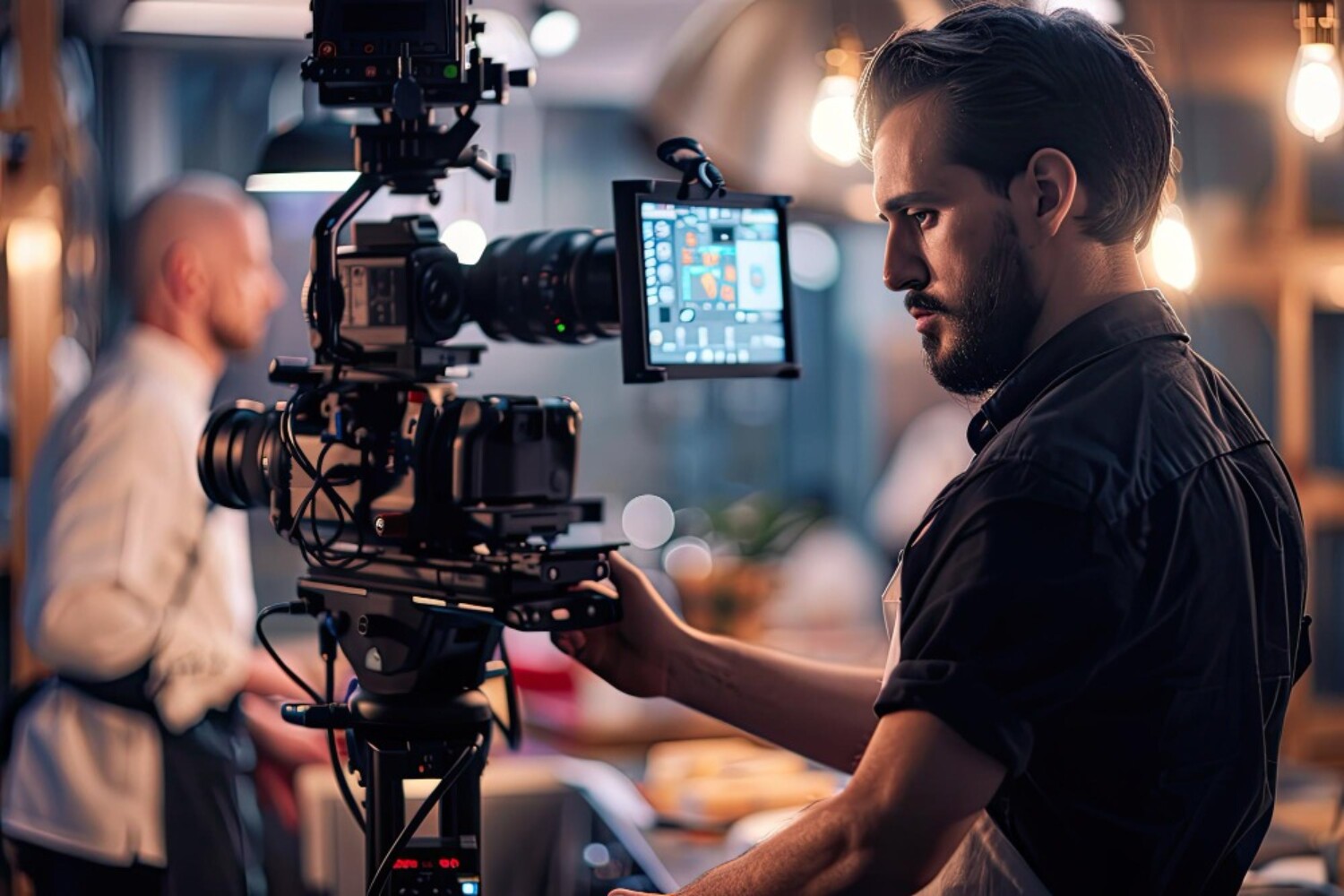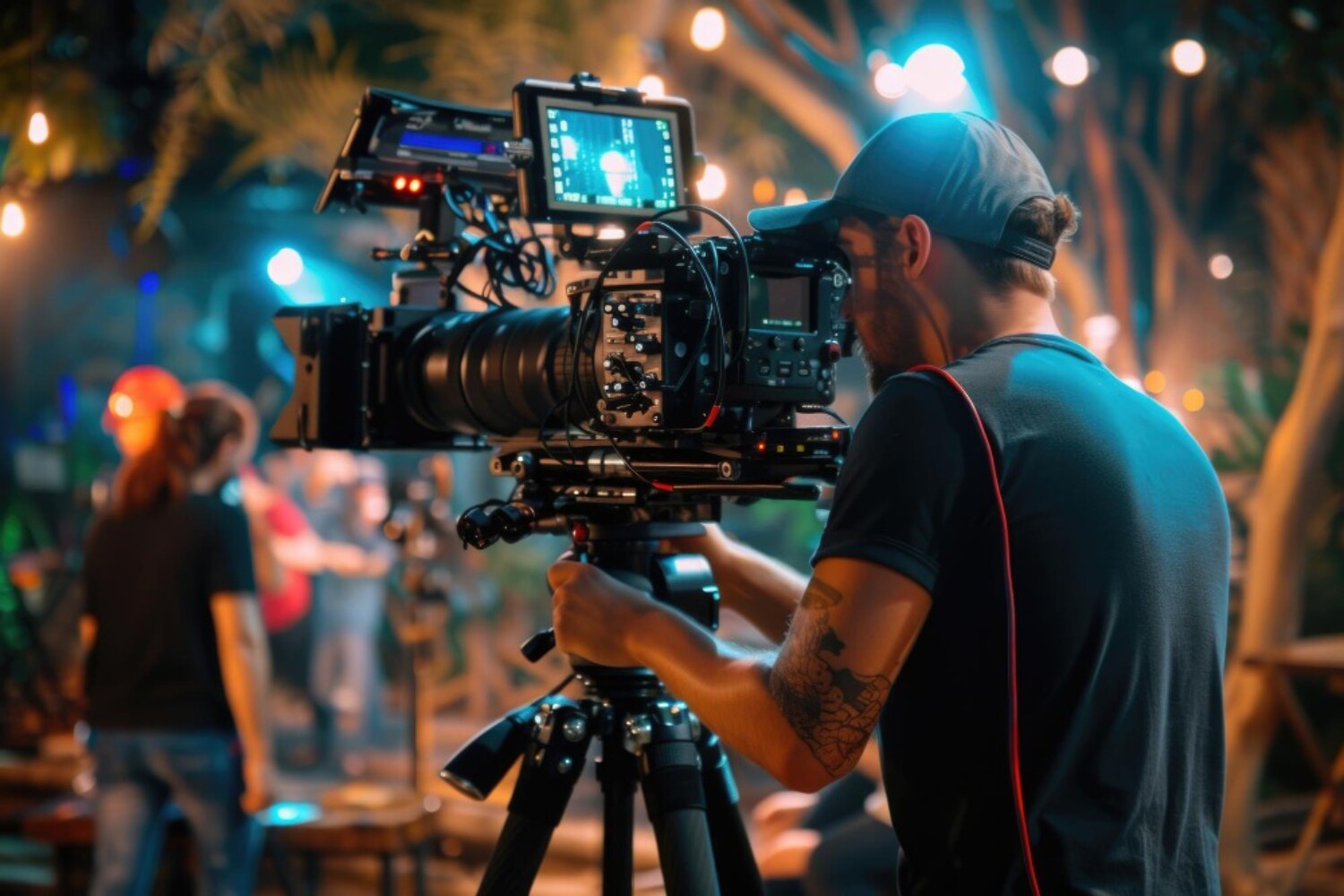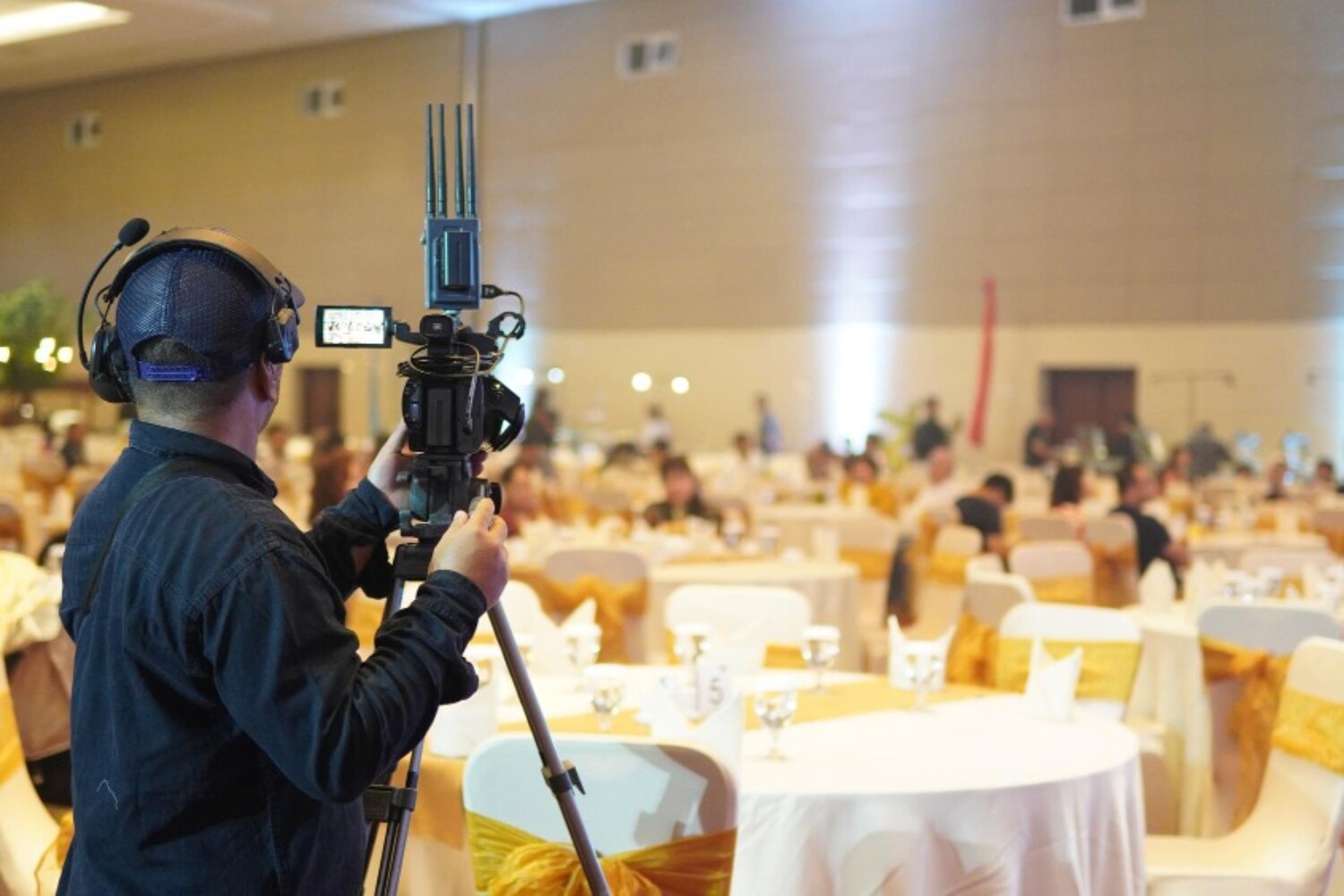Embark on the fascinating journey of film production, from the spark of an idea to the magical moment it lights up the screen. A complete guide for those passionate about storytelling through film
How to Choose the Best Video Production Services in Dubai?
Embark on the fascinating journey of film production, from the spark of an idea to the magical moment it lights up the screen. A complete guide for those passionate about storytelling through film
How to Find a Reliable Event Photography Service in Dubai?
Embark on the fascinating journey of film production, from the spark of an idea to the magical moment it lights up the screen. A complete guide for those passionate about storytelling through film
How Commercial Photography Improves Brand Trust & Conversions
Embark on the fascinating journey of film production, from the spark of an idea to the magical moment it lights up the screen. A complete guide for those passionate about storytelling through film
Why Professional Event Video Production in Dubai Is Essential for Brand Growth
Embark on the fascinating journey of film production, from the spark of an idea to the magical moment it lights up the screen. A complete guide for those passionate about storytelling through film







